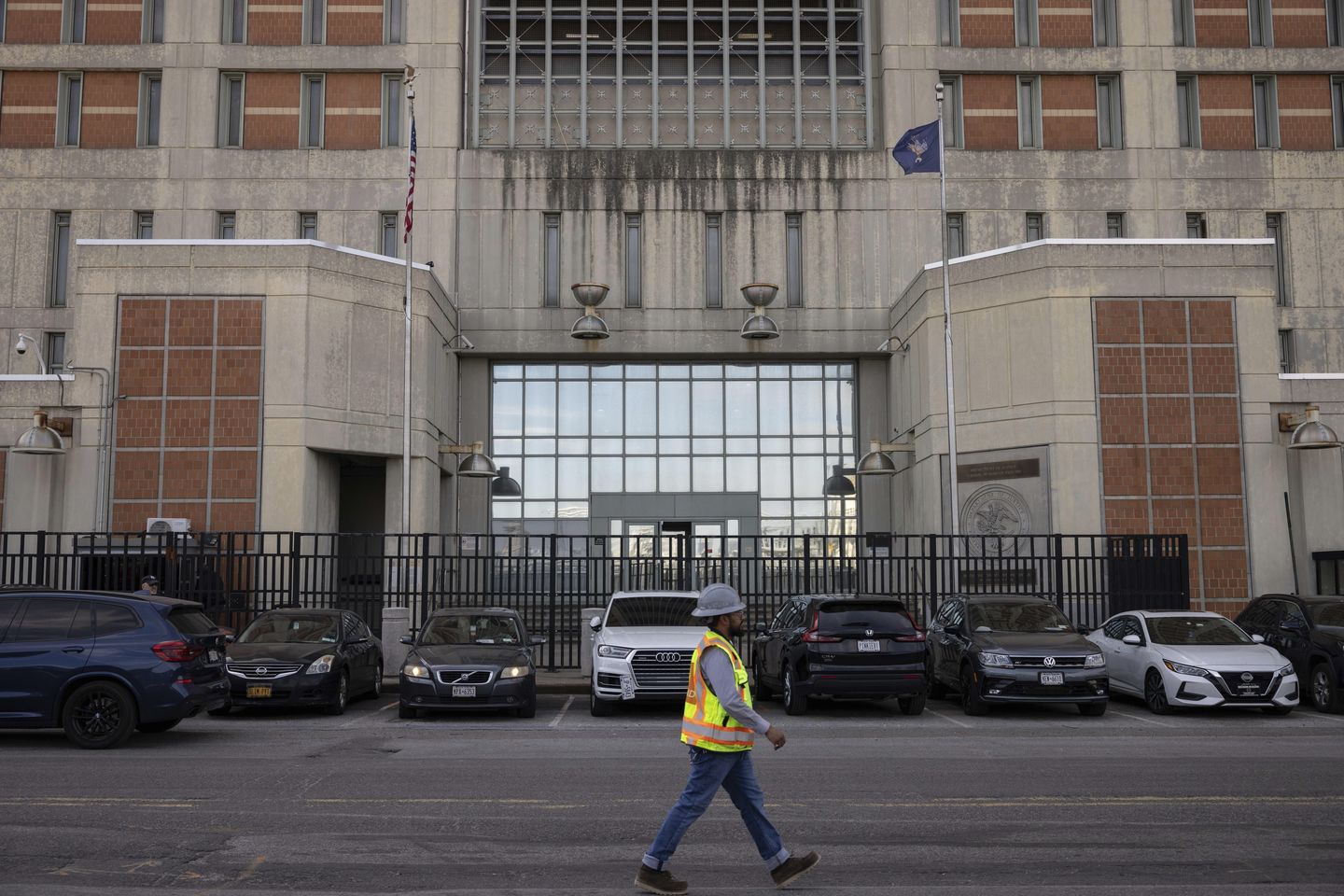The federal Bureau of Prisons has been under scrutiny in recent months due to the numerous issues plaguing the Metropolitan Correctional Center (MCC) in New York City, where high-profile inmate Sean “Diddy” Combs is currently being held. The facility has faced staffing shortages, safety concerns, and other challenges that have raised serious questions about its ability to safely and effectively manage its inmate population.
Combs, the well-known music mogul and entrepreneur, was arrested earlier this year on charges of sex trafficking. He pleaded not guilty to the charges on Tuesday, further adding to the high-profile nature of his case. As he awaits trial, he is being held at the MCC, a federal detention center in lower Manhattan that has become notorious for its troubled history.
The MCC has long been plagued by staffing shortages, which have only been exacerbated in recent months. The Bureau of Prisons has acknowledged the challenges facing the facility and has taken steps to address them, including increasing staffing levels to help ensure the safety and security of both staff and inmates.
The MCC is no stranger to controversy. Over the years, the facility has been the subject of numerous lawsuits and investigations, with reports of violence, overcrowding, and other issues. In 2019, the MCC came under intense scrutiny following the death of financier Jeffrey Epstein, who died by suicide while awaiting trial on sex trafficking charges. The circumstances surrounding Epstein’s death raised serious questions about the facility’s ability to properly care for its inmates and ensure their safety.
In response to these concerns, the Bureau of Prisons has made efforts to improve conditions at the MCC. In addition to increasing staffing levels, the agency has implemented new training programs for staff, improved oversight and accountability measures, and enhanced mental health services for inmates. These efforts are aimed at addressing the systemic issues that have plagued the facility for years and ensuring that it can effectively fulfill its mission of safely detaining and rehabilitating federal inmates.
Despite these efforts, the challenges facing the MCC are far from over. The facility continues to grapple with issues such as overcrowding, inadequate medical care, and a lack of programming and resources for inmates. The Bureau of Prisons must continue to work diligently to address these challenges and ensure that the MCC is able to operate in a safe, secure, and humane manner.
As Combs awaits trial at the MCC, he is likely to face the same challenges and concerns that have plagued other inmates at the facility. The high-profile nature of his case only adds to the pressure on the facility to ensure his safety and well-being while in custody. The Bureau of Prisons must remain vigilant in its efforts to address the issues facing the MCC and provide a safe and secure environment for all inmates, including those awaiting trial on serious charges.
In the meantime, Combs and his legal team are preparing for the upcoming trial, which is expected to be closely watched by the media and the public. The outcome of the trial could have far-reaching implications for Combs and his career, as well as for the broader issue of sex trafficking in the music industry. Combs has maintained his innocence since his arrest and is likely to vigorously defend himself against the charges in court.
As the trial date approaches, all eyes will be on the MCC and its ability to effectively manage the high-profile case. The Bureau of Prisons must continue to work to address the issues facing the facility and ensure that it is able to provide a safe and secure environment for Combs and other inmates. The outcome of the trial will undoubtedly have a significant impact on both Combs and the broader criminal justice system, and it is essential that the MCC is able to effectively carry out its duties in this high-stakes case.
In the meantime, Combs remains in custody at the MCC, where he will await trial on the sex trafficking charges. The Bureau of Prisons, along with Combs’ legal team and other stakeholders, will continue to monitor the situation closely and work to ensure that his rights are protected and that the trial proceeds fairly and impartially. This high-profile case is just the latest chapter in the troubled history of the MCC, and it serves as a stark reminder of the challenges facing the federal prison system as a whole.









